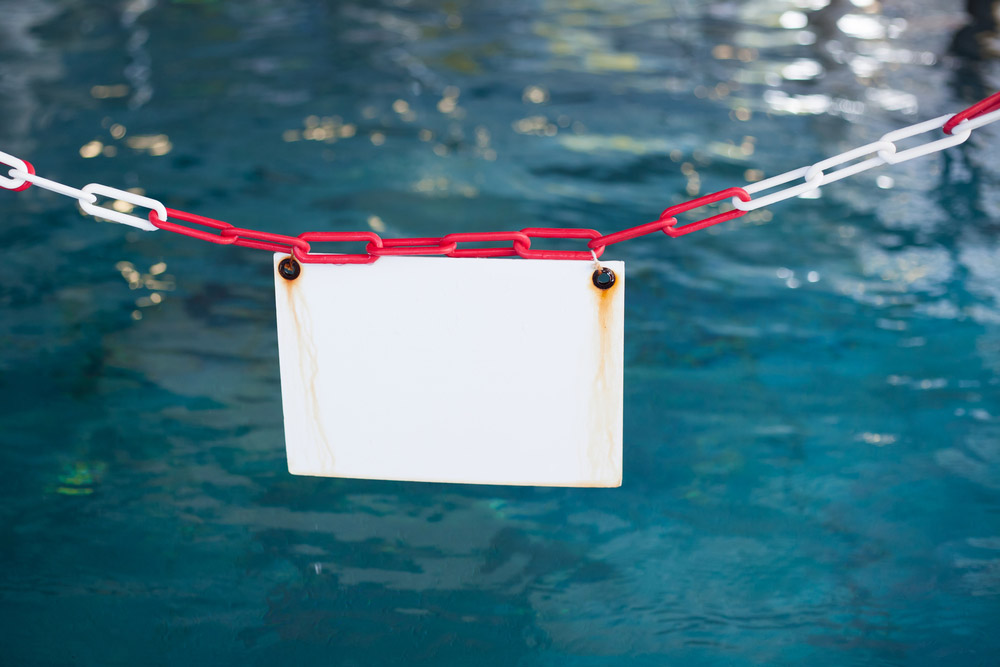
Drowning is a leading cause of preventable deaths in children under 5 in Australia. In 2015, 54% of drowning deaths of children under 5 occurred in swimming pools. As a result, from April 29, 2016, regulations around privately owned pools and spas are tightening. For homeowners, estate agents and property managers, this information is crucial, as additional paperwork is required to complete any transaction including buying, selling and leasing
property with a pool or spa.
Requirements for homeowners and estate agents selling property
As of April 29, 2016, to sell a property with either a swimming pool or spa pool, sales agents or private sellers must include a valid compliance certificate with the sales contract. This certificate must be one of the following documents, issued in the last three years:
- A certificate of compliance
- A relevant occupation certificate (together with evidence that the pool is registered), or
- A certificate of non-compliance.
This requirement comes in addition to the existing obligation to register your pool or spa with the NSW Swimming Pool Register, as stated under the Swimming pools Act 1992. If an agent or private seller fails to provide one of these compliance certificates, the buyer has the right to rescind the contract within 14 days of exchange, unless settlement has already occurred.
Following the sale of a property with a pool or spa non-compliance certificate, the obligation to obtain a certificate of compliance and register the pool or spa falls on the new homeowner. This buyer has 90 days from the date of settlement to rectify any defects listed in the certificate of non-compliance and then obtain a certificate of compliance.
Please note that these additional requirements do not apply to homes sold off-the plan, or to properties in a strata or community scheme development with
more than two private residences.
Requirements for property managers
These additions to the Swimming Pool Act 1992 also affect rental properties with a swimming pool or spa. Property managers, whether a real estate agent or a private landlord, are responsible for providing the tenant with a copy of the valid compliance certificate or occupation certificate for a property with a pool or spa pool. This should also include evidence of pool registration with the NSW Swimming Pool Register.
The existing residential tenancy agreement can still be used until stock is all used up, however, property managers will need to use an addendum, available on the NSW Fair Trading forms page. A new amended form will be available for use from April 29, 2016. A new tenant checklist will also be updated by April 29, 2016, however, the existing one can still be used with an addendum, also available on the forms page.
As with sales of strata held or community scheme properties, this does not apply to tenancy agreements for properties within strata or community scheme developments.
How to obtain certification
The homeowner is obliged to obtain one of three compliance certificates for a private swimming pool or spa pool, as mentioned above. It is the sales agent
and property manager’s responsibility however, to ensure this has happened prior to sale or rental of the property.
In order to obtain a compliance certificate, you must arrange a compliance inspection either via your local council or a private swimming pool certifier
listed on the NSW Swimming Pool Register.
Don’t put the safety of your family, or the sale of your property at risk. Ensure you understand the changes around private swimming pool and spa pool laws, your obligations and the legal requirements when buying, selling and renting a property with a pool or spa.
For further information about the Swimming Pool Act 1992 and your requirements as a tenant, homeowner, property manager or estate agent, visit the Office of Local Government website or the NSW Fair Trading swimming pools page.
 Menu
Menu
